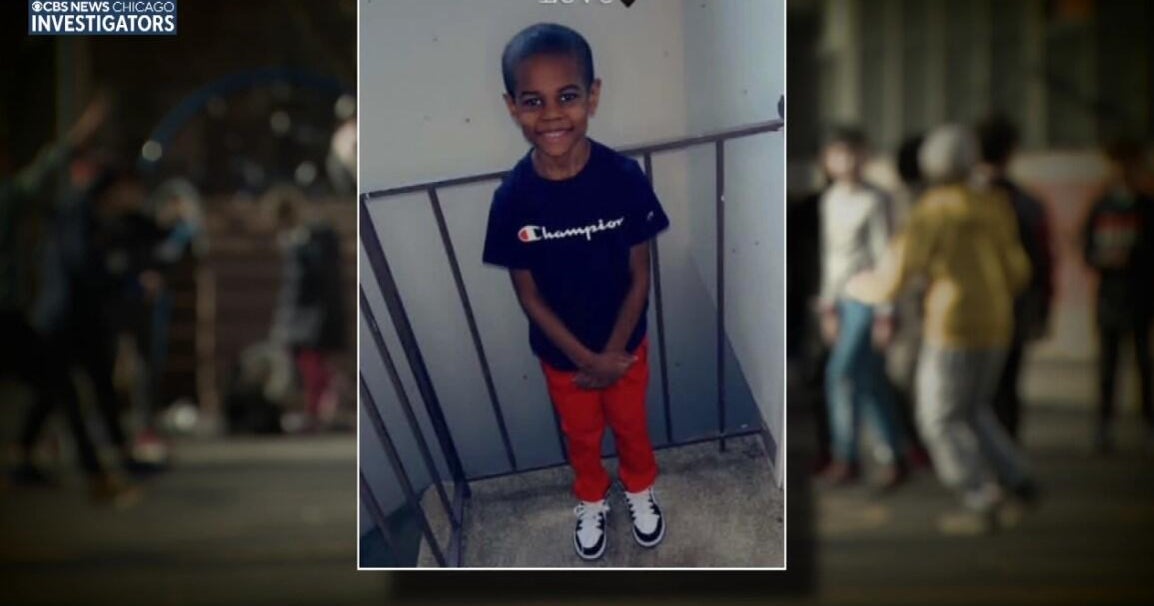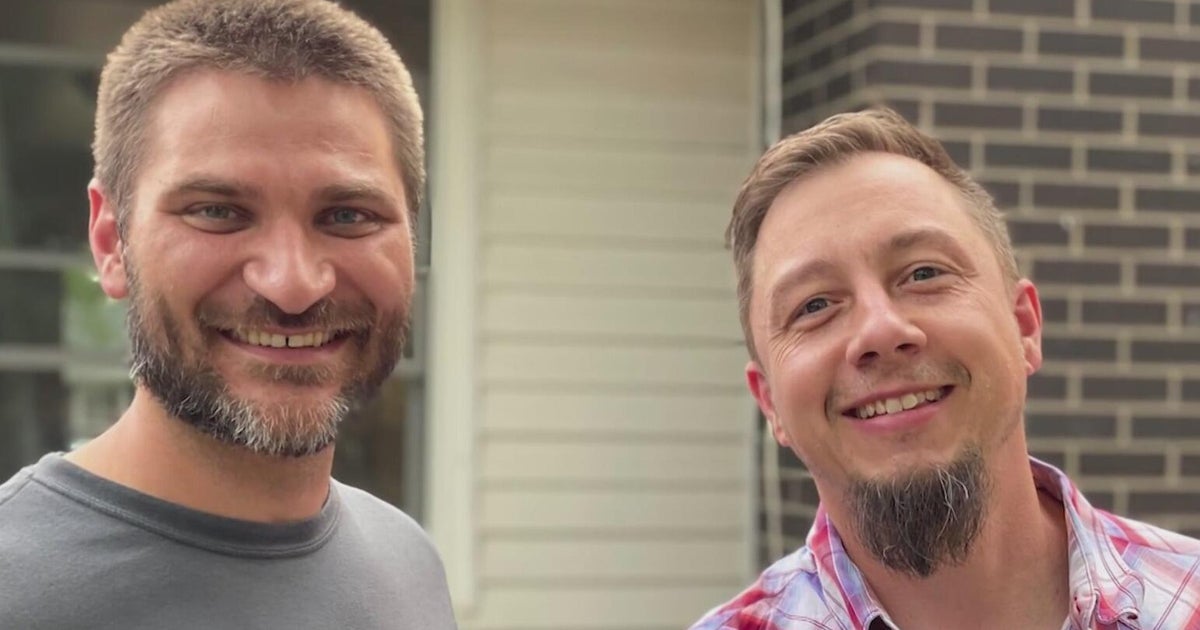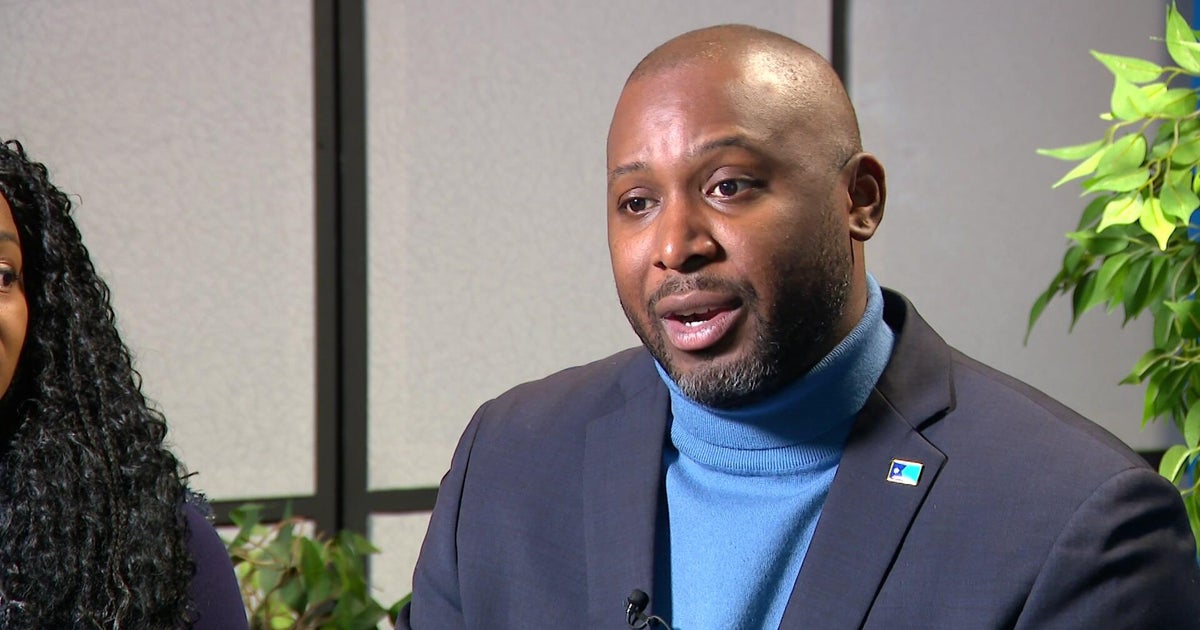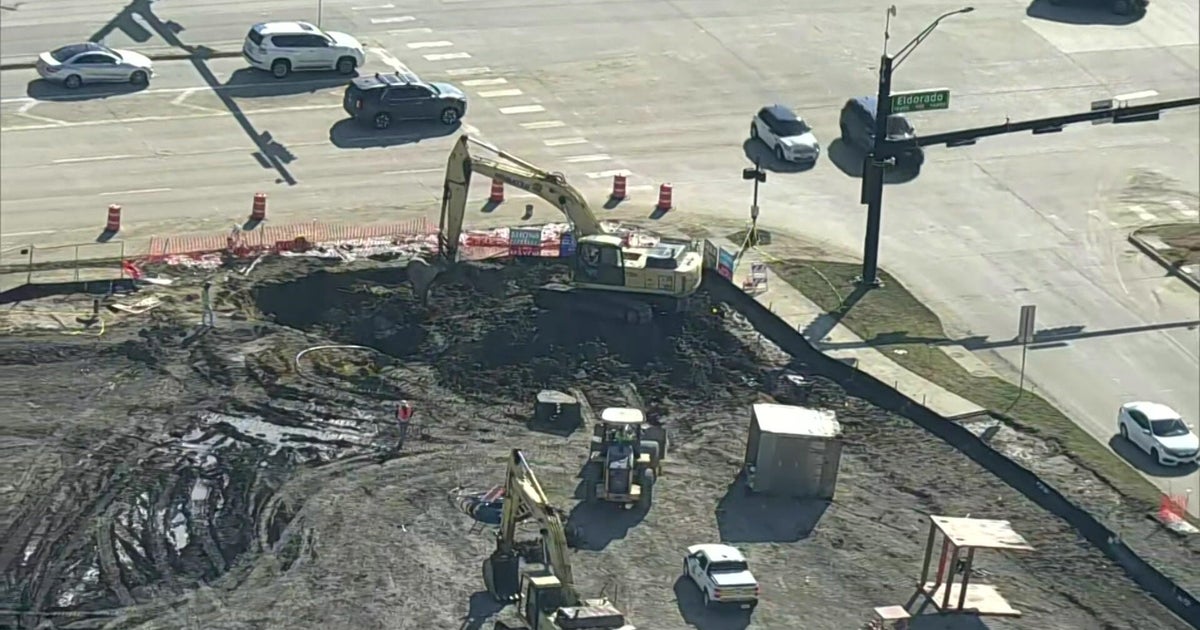I-Team: How To Do A Safety Check On Your Child's Summer Camp
(CBSDFW.COM) - In Texas, 547 camps will welcome 948,133 campers in the coming weeks, according to the American Camp Association.
While COVID-19 is one concern on the minds of all parents, they likely have many other heath and safety questions.
Kurt Podeszwa, who has spent 16 years running Camp For All, tells parents to ask those questions.
"I think it's important to let parents know that as camp directors, we have the same feelings." Podeszwa's camp focuses on campers with all abilities.
Even with his perfectly clean record, he says he hears from uneasy moms, dads and guardians when horror stories about other camps, universities, religions and sports reveal what could wrong when we trust our children with complete strangers. "I think anytime it happens anywhere… it's an effect on all camps," added Podeszwa.
His number one recommendation is to reach out to the camp and talk to the camp director or someone in management. He says parents should not be afraid or nervous to ask questions.
QUESTIONS TO ASK CAMP
— What is the philosophy of the camp? What do you strive to achieve with each child?
— How do you recruit staff?
— What are your screening procedures for staff? Talk about interviews, reference checks and criminal background searches.
— Ask how is staff trained on abuse prevention, bullying, and camper interaction?
— What policies are in place so a camper is never alone with an adult?
— And, who observes the staff and gives feedback throughout camp?
Podeszwa says when a parent calls, he sets aside an hour assuming that the call will require time. "I want to make sure that I have enough time to answer."
LOOK FOR SEALS OF APPROVAL
Podeszwa is also on the National Standards Commission for the American Camp Associations. He says the ACA seal is one parents should look for on camp websites. The ACA accredits camps requiring screening and training by a third party, reviews every year, and site visits every three to five years.
"It's complacency, compliance, and commitment," says Aaron Lundberg, who is the CEO of Praesidium, an Arlington company which trains and accredits organizations in an effort to prevent sexual abuse.
"Unfortunately there are horrific incidents of abuse," says Lundberg. "The majority of the abuse happens in bathrooms showers locker rooms. They happen in the cabins at night. They happen during transportation and buses."
Podeszwa says parents can look for the Praesidium seal of accreditation on camp websites, or call Praesidium to confirm the status.
Not all camps will have accreditations. Podeszwa says that does not necessarily mean the camp is not qualified; however, it's a question that should be added to a parent's list.
OTHER TO-DO'S
Lundberg recommends asking for referrals from parents who you do not know.
He suggest looking for "youth protection" and "staff training" information on camp websites.
He also says parents should talk to their children before they leave. Younger children need to know their rights and to report issues. Adolescents need to know offenders may "groom" them by testing them to break rules and asking them to cross inappropriate boundaries.
Lastly, both Podeszwa and Lundberg say pay attention to the demeanor of your children when they come home.
QUESTIONS TO ASK CHILDREN AFTER CAMP
— What was your favorite part of camp?
— What was your least favorite of camp?
— And, do you want to go back next year?
"If you ask these broad-based questions, and you start to get some concerns raised like, 'No I really don't want to go back,' then that can cause you to dig a little deeper in that area," says Lundberg.
RESEARCH REQUIREMENTS AND ENFORCEMENT ACTIONS
Finally, parents can dig a little deeper at the Texas Department of Health and Human Services, which regulates camps. Search laws, regulations and enforcement actions taken.
The state requires employee training and background checks, but Lundberg says research shows background checks catch predators less than five percent of the time. He says this proves all of this extra diligence is crucial.







